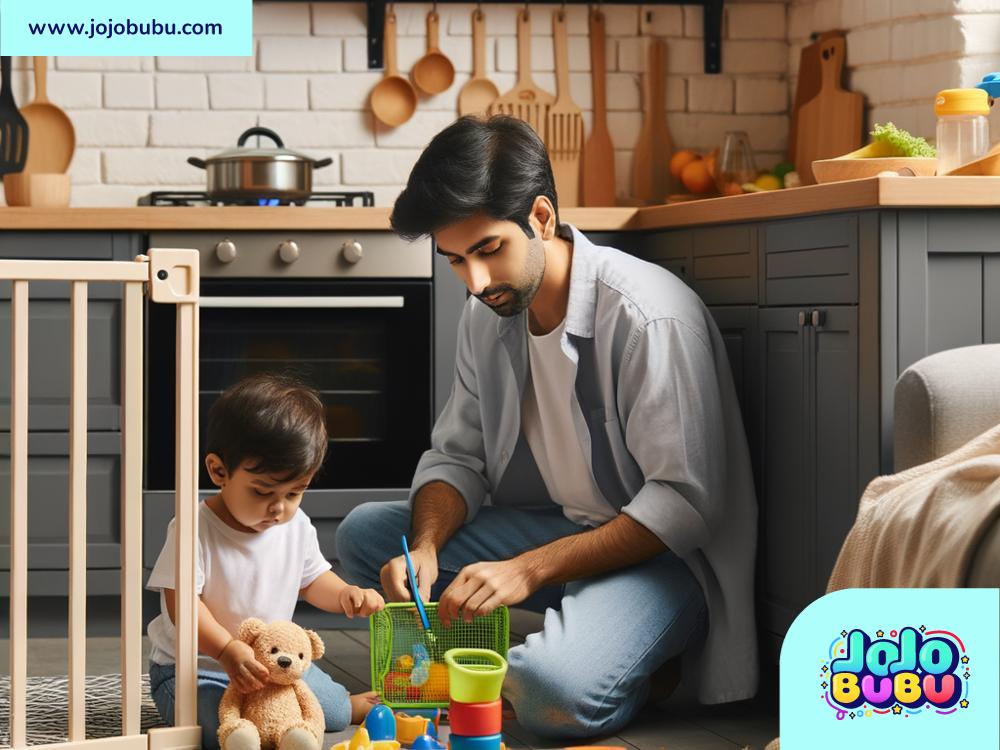Safety Strategies for Single-Parent Households
Being a single parent means wearing many hats at the same time. You’re the caregiver, breadwinner, decision-maker, and the protector. Safety is a key priority, and being proactive can help you keep your family safe while managing the challenges that come with raising children on your own. Whether it's protecting your home, your kids, or yourself, simple steps can make a big difference. Here are some safety strategies to help single-parent households stay secure.
1. Make Your Home Secure
Your home should be a safe space where you and your children can relax and feel protected. Here are a few tips to make sure your home is secure:
-
Lock Doors and Windows: Always keep your doors locked, even during the day when you are at home. Check windows and sliding doors to make sure they are securely locked as well.
-
Install a Security System: Having a basic alarm system can go a long way in keeping intruders out. Many modern systems are affordable and can be connected to your smartphone for real-time alerts.
-
Outdoor Lighting: Brighten up your home’s exterior with motion-detecting lights. Having lights around your entryways, garage, and backyard can deter strangers.
-
Create an Emergency Plan: Teach your kids what to do in case of an emergency, like a fire or break-in. Practice safety drills, so they feel confident and prepared.
2. Teach Your Kids About Safety
Helping your children understand safety is key, especially when you’re not always able to keep an eye on them. Talk to them about these important safety habits:
-
Memorize Contact Information: Ensure that your kids know your phone number, home address, and how to call 911. Write this information down for younger children and keep it in a visible place like the fridge.
-
Stranger Awareness: Teach children the importance of not talking to strangers or opening the door to unknown people. Practice scenarios so they know how to handle such situations.
-
Online Safety: If your kids use the internet, explain how to stay safe online. Stress the importance of not sharing personal information and only using apps or websites you approve of.
-
Buddy System: Encourage kids to stick with a friend or buddy when outside, whether at school, playing in the neighborhood, or attending events.
3. Build a Safe Routine
A consistent routine can help you stay organized and reduce safety risks. Here’s how:
-
Stick to a Schedule: Scheduled meal times, homework, and bedtimes create stability. Knowing where your kids are and what they’re doing can prevent accidents or unsafe situations.
-
Set Boundaries: Lay down rules for your kids regarding what they can and cannot do, such as not leaving the house alone or answering the door without permission.
-
Check-In Regularly: If your children are old enough to stay home alone or spend time outside without you, ask them to check in with you frequently. You can also use location apps to keep track of their whereabouts.
4. Financial Safety
As a single parent, financial health is an important part of keeping your family safe. Feeling prepared can prevent financial stress from becoming a safety concern.
-
Have an Emergency Fund: Save a small amount regularly to build an emergency fund. It can help you handle crises like car repairs, medical bills, or unexpected costs without disrupting your everyday budget.
-
Be Careful Online: Protect your online accounts by using strong passwords and avoiding suspicious emails or websites. Online scams and fraud can target vulnerable families.
-
Teach Kids About Money: Help older kids understand the value of saving and spending wisely. This can prepare them to make safe financial decisions in their own lives.
5. Find Support and Build Community
Being a single parent can be overwhelming at times, but you don’t have to do everything alone. Having support from others can improve your mental and emotional safety.
-
Build Relationships: Get to know your neighbors and build trust with people in your community. Having reliable people nearby can be helpful in emergencies.
-
Talk to Other Single Parents: Connect with other single-parent families. Sharing advice and experiences can give you valuable tips and remind you that you’re not alone.
-
Work with Trusted Care Providers: If you need childcare or babysitters, make sure to pick someone trustworthy. Ask for references and perform background checks if needed.
6. Look After Your Own Safety
As a single parent, you are the backbone of your household. Keeping yourself safe and healthy is just as important as caring for your kids.
-
Stay Healthy: Eat well, exercise, and get enough sleep so you’re mentally and physically prepared to handle challenges.
-
Protect Yourself: If you feel unsafe in any situation, trust your instincts. Avoid walking alone at night, and let someone know where you’re going if you’re heading out.
-
Take Time for Yourself: Parenting isn’t easy, and stress can take a toll. Make sure to find time to relax and recharge. Staying mentally balanced is part of staying safe.
Conclusion
Safety for single-parent households starts with being prepared and staying informed. By securing your home, teaching your kids about safety, and building routines, you can protect your family from harm. Finding support in your community and looking after your own mental and physical health is equally important. Parenting solo isn’t easy, but with the right strategies, you can create a safe and stable environment for yourself and your children. Remember, safety is a team effort, and together, you and your kids can face challenges with confidence.
Feel secure, trust your instincts, and take one step at a time—your family's safety matters.

